Introduction
The National Biotechnology Olympiad (NBO) is a unique initiative aimed at popularizing biotechnology among school students and encouraging young minds to explore this exciting field of science. Organized annually, the NBO assesses students’ knowledge and interest in biotechnology, offering a platform for budding scientists to showcase their talent. The competition promotes awareness about biotechnology’s role in shaping the future and its applications in diverse fields such as healthcare, agriculture, and environmental conservation. By participating, students gain exposure to real-world challenges and solutions in the biotech industry, fostering a deeper understanding of the subject.
What is the National Biotechnology Olympiad (NBO)?
The NBO is a national-level competition designed to inspire and recognize students’ interest in biotechnology. With increasing global demand for advancements in biological sciences, this Olympiad provides an early start for students interested in this domain. The competition not only assesses academic aptitude but also encourages curiosity, creativity, and practical application of knowledge, making it an enriching experience for participants.
Objectives
- To create awareness about biotechnology and its real-world applications in improving quality of life.
- To encourage scientific thinking and innovation among school students, fostering a love for research.
- To promote interdisciplinary learning, bridging biology with technology and engineering.
- To prepare students for future studies and careers in biotechnology and related fields.
Eligibility Criteria
The National Biotechnology Olympiad welcomes participation from students of all classes, ranging from primary to senior secondary levels. The Olympiad ensures inclusivity and equal opportunities for students, regardless of their geographic location or school affiliation. Here’s a detailed breakdown of the eligibility criteria:
Academic Eligibility
- Open to students from Classes I to XII, covering all age groups within school education.
- Students must register through their schools if their institution is affiliated with the Olympiad. For those in non-affiliated schools, individual registrations are facilitated through the official website.
- Participants should have a keen interest in science and biology, demonstrated through active engagement in related activities like science fairs, projects, or extracurricular clubs.
- For senior-level participants (Classes IX to XII), familiarity with fundamental topics in biotechnology and life sciences is encouraged to enhance performance.
School Participation
- Schools across urban and rural regions are invited to participate. Institutions with robust science programs are often proactive in registration.
- Schools must be registered with the Olympiad’s organizing body, which provides them with the necessary materials and guidelines to ensure a seamless process.
- Teachers and faculty members usually play a pivotal role as coordinators, ensuring that students are informed about the requirements, syllabus, and examination details.
- Institutions are encouraged to foster a culture of scientific learning by hosting preparatory sessions, workshops, or inter-school quizzes focused on biotechnology.
- Special emphasis is given to encouraging underrepresented schools or those from remote areas to participate, bridging the gap in science education accessibility.
By setting these criteria, the NBO aims to create an inclusive and engaging environment that inspires young minds to delve deeper into the fascinating world of biotechnology.
Application Process
Participating in the NBO is a simple and structured process designed to ensure maximum participation and convenience for all students:
Step-by-Step Guide
- Notification Release: The organizing body announces the Olympiad dates, syllabus, and registration details through official channels, including their website, school circulars, and social media platforms. Notifications are typically released in July to allow ample preparation time.
- School Registration: Schools register their students by submitting required details, such as student names, grade levels, and contact information, through the official portal provided by the organizing body. Schools also act as mediators to distribute official materials.
- Individual Registration: For students from non-participating schools or homeschoolers, individual registrations are allowed through the official Olympiad website. Visit the registration portal to complete the application.
- Fee Payment: Pay the registration fee online via net banking, credit/debit card, or UPI, as prescribed by the organizers. Group discounts or fee waivers may be available for schools registering in bulk.
- Receive Admit Card: Admit cards containing exam venue details, roll numbers, and other relevant information are distributed to participants. Registered students can also download their admit cards from the official website using their registration credentials.
- Exam Materials: Schools and individual participants receive preparatory guides and sample papers to help them understand the exam format and topics better.
Documents Required
- A filled application form (if applicable).
- Recent passport-sized photographs.
- A valid school ID or equivalent document for verification purposes.
- Payment receipt or transaction ID as proof of registration fee payment.
- For homeschoolers, additional documents like proof of age and residential address may be required.
This structured approach ensures that every student, irrespective of their school’s participation status, gets an equal opportunity to compete and showcase their talent in the field of biotechnology.
Documents Required
- Filled application form.
- Recent passport-sized photographs.
- A school ID or equivalent document for verification purposes.
- Payment receipt (if applicable).
Exam Pattern and Syllabus
The NBO is designed to test students’ conceptual understanding of biotechnology and its applications. Here’s what you need to know:
Exam Pattern
- Question Type: Multiple-choice questions (MCQs) based on logical reasoning and core subject knowledge.
- Duration: 60 minutes, with separate time allocations for sections if applicable.
- Total Marks: Varies based on grade levels.
- Scoring: No negative marking to encourage participation, promoting learning over competition.
Syllabus
- Primary Classes (I-V): Basic understanding of biology, simple experiments, and general awareness about the environment and technology.
- Middle School (VI-VIII): Introduction to biotechnology concepts, basic environmental science, human health, and biological innovations.
- High School (IX-XII): Advanced topics including genetic engineering, molecular biology, bioinformatics, biotechnology’s role in agriculture, healthcare advancements, and emerging biotech industries.
Benefits of Participating in NBO
Participation in the NBO offers several advantages, including:
Academic Enrichment
- Enhances understanding of biotechnology and its interdisciplinary nature.
- Develops problem-solving and critical-thinking skills essential for academic success.
- Introduces participants to the practical applications of biotechnology, bridging the gap between theoretical and real-world learning.
Recognition and Rewards
- Certificates of participation and merit for all participants, boosting student morale.
- Top performers receive medals, trophies, and scholarships as tangible rewards.
- Schools with excellent performance are awarded appreciation certificates, promoting institutional pride.
- Opportunities to feature in newsletters or online platforms associated with the Olympiad.
Career Orientation
- Provides an early exposure to biotechnology as a career option, offering insights into its vast potential.
- Encourages students to pursue higher education in biological sciences and related fields, laying a strong foundation for future endeavors.
- Opens up pathways for mentorship opportunities and industry exposure.
Preparation Tips for NBO
To excel in the NBO, students need a structured preparation strategy:
Understand the Syllabus
- Familiarize yourself with the topics covered in your grade level. A detailed syllabus is usually provided by the organizing body.
- Focus on understanding concepts rather than rote memorization, ensuring a deep grasp of the subject.
Practice Regularly
- Solve sample papers and previous years’ question papers to build confidence.
- Take timed quizzes to improve speed and accuracy, simulating real exam conditions.
- Identify weak areas and work on them consistently.
Utilize Resources
- Use NCERT textbooks for foundational knowledge, as they cover core concepts effectively.
- Refer to Olympiad-specific guides, study materials, and online resources for additional practice.
- Enroll in workshops or webinars conducted by experts to gain insights into complex topics.
Participate in Group Studies
- Discuss topics with peers to gain different perspectives and broaden your understanding.
- Share study materials and solve problems collaboratively to reinforce learning.
Key Dates and Deadlines
Staying updated with important dates is crucial for seamless participation:
- Registration Start Date: Usually in July, with announcements on the official website.
- Registration Deadline: Typically in September, with provisions for late entries in some cases.
- Exam Date: Scheduled between November and January, providing ample time for preparation.
- Results Declaration: Announced within 4-6 weeks after the exam, with detailed feedback and rankings.
(Note: Dates may vary each year. Check the official website for exact timelines.)
Conclusion
The National Biotechnology Olympiad (NBO) is an excellent platform for students to explore the fascinating world of biotechnology. By participating in the NBO, students not only enhance their academic knowledge but also develop a deeper appreciation for science and innovation. This Olympiad serves as a stepping stone for young minds eager to contribute to the advancement of science and technology. It encourages participants to think critically, innovate, and dream big in the ever-evolving field of biotechnology. Students are urged to seize this opportunity to learn, compete, and shine in a globally significant discipline.





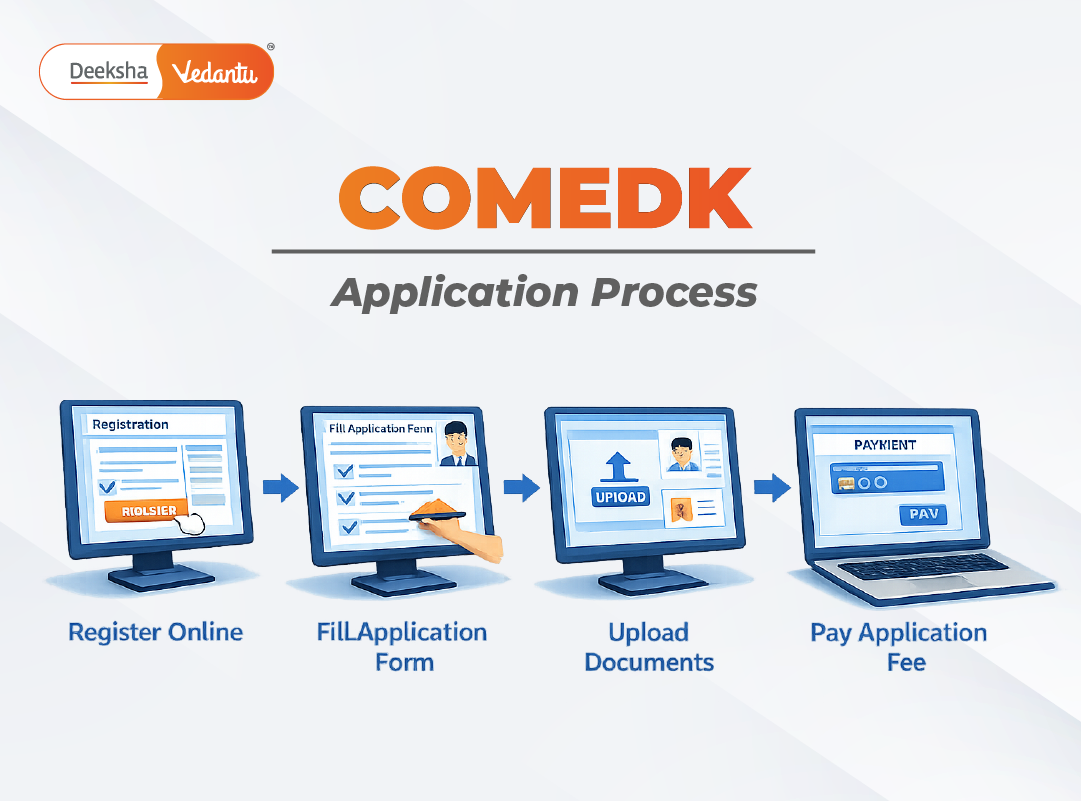
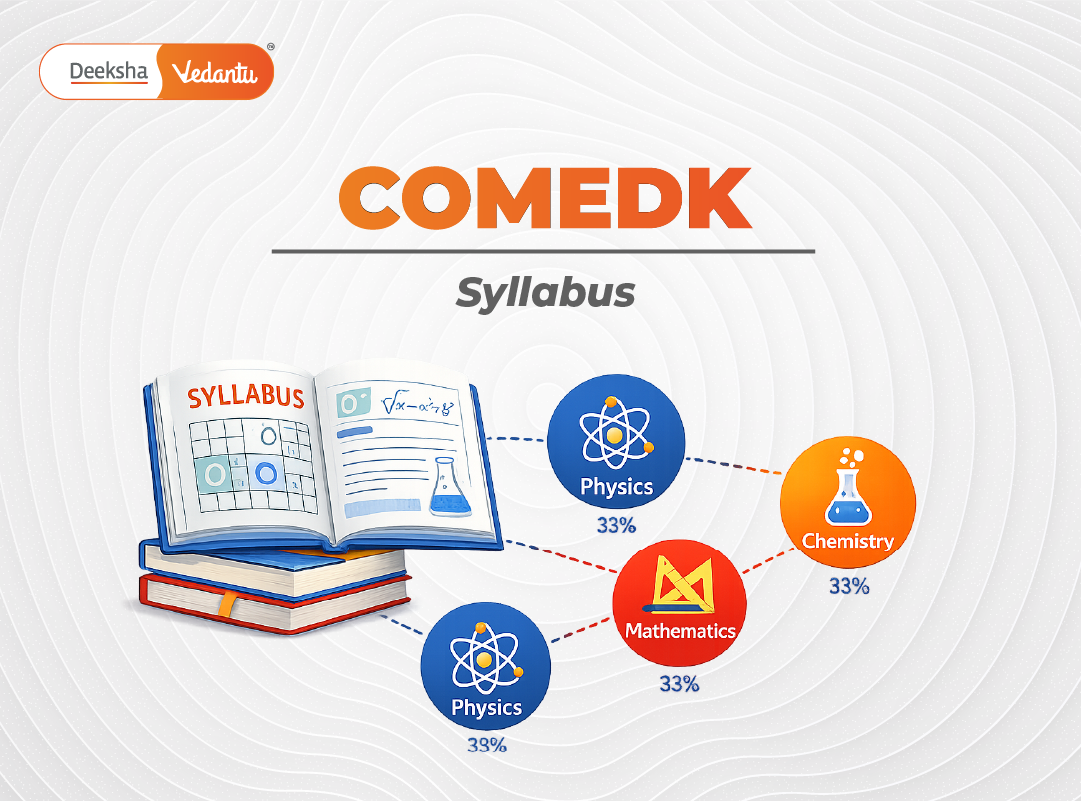
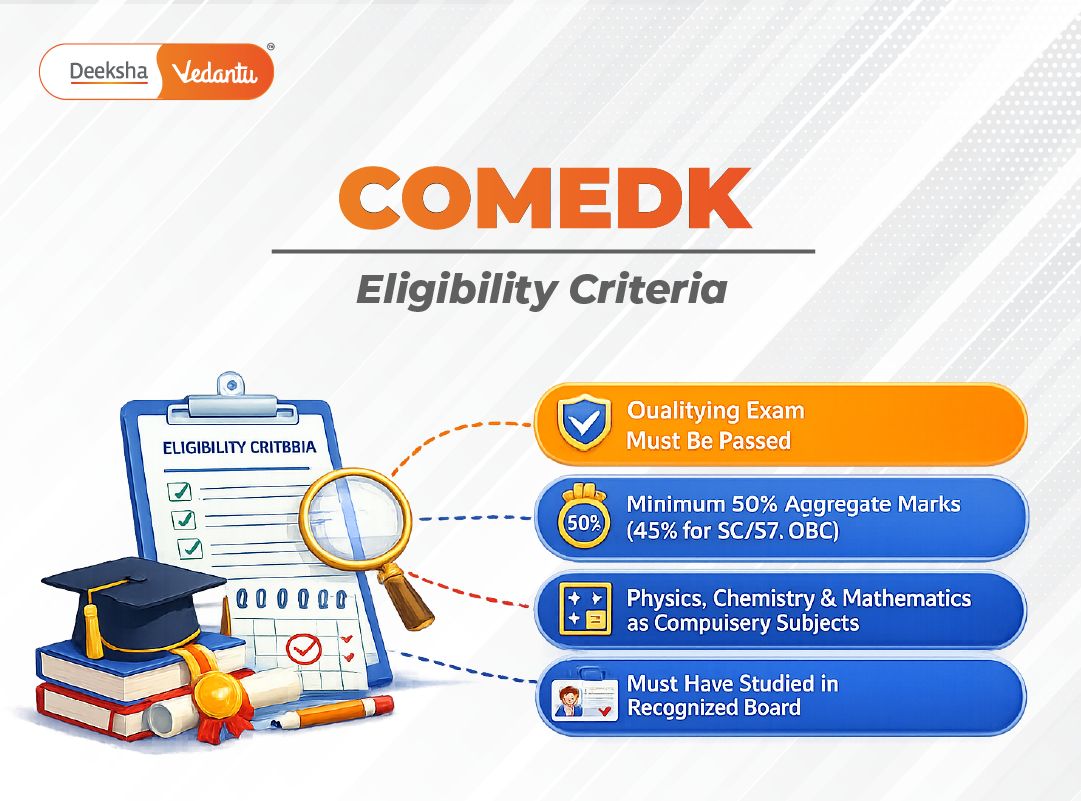
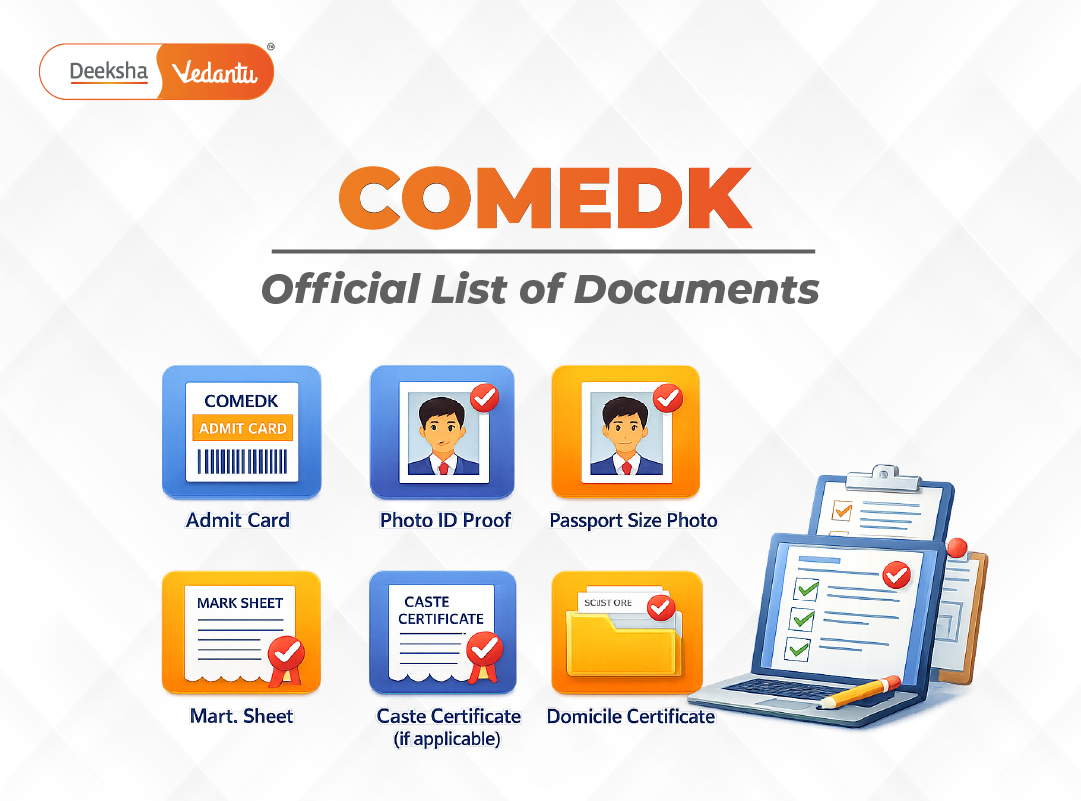


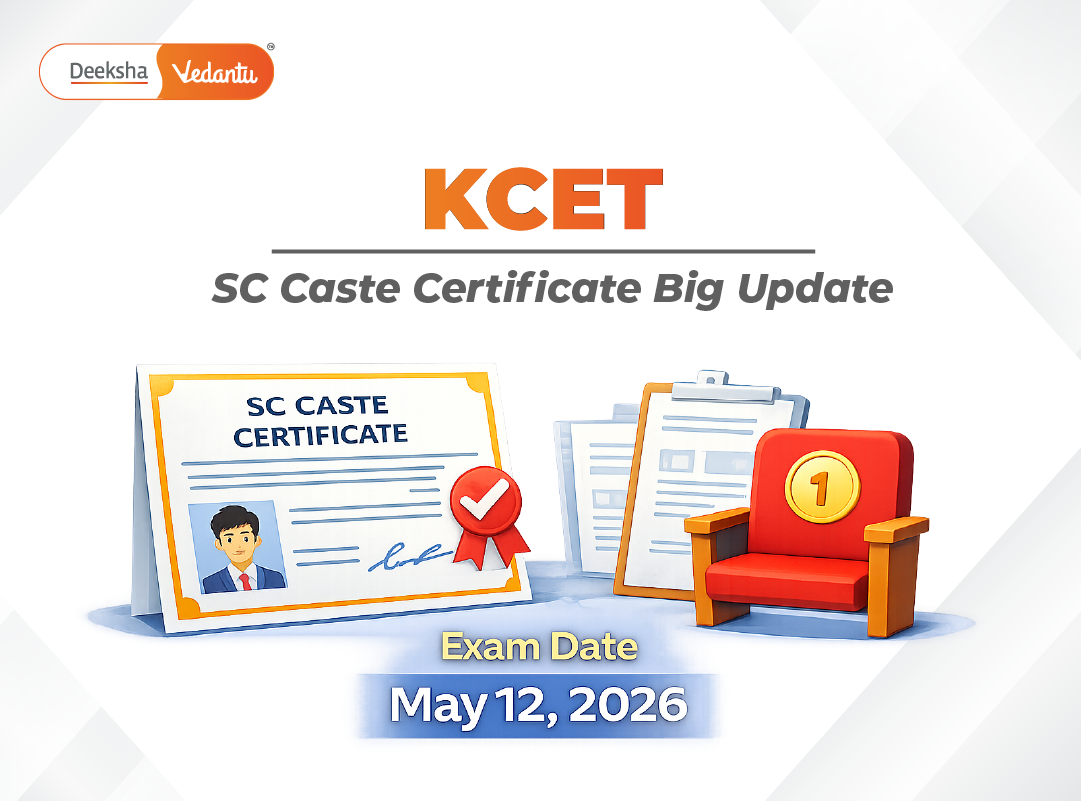


Get Social